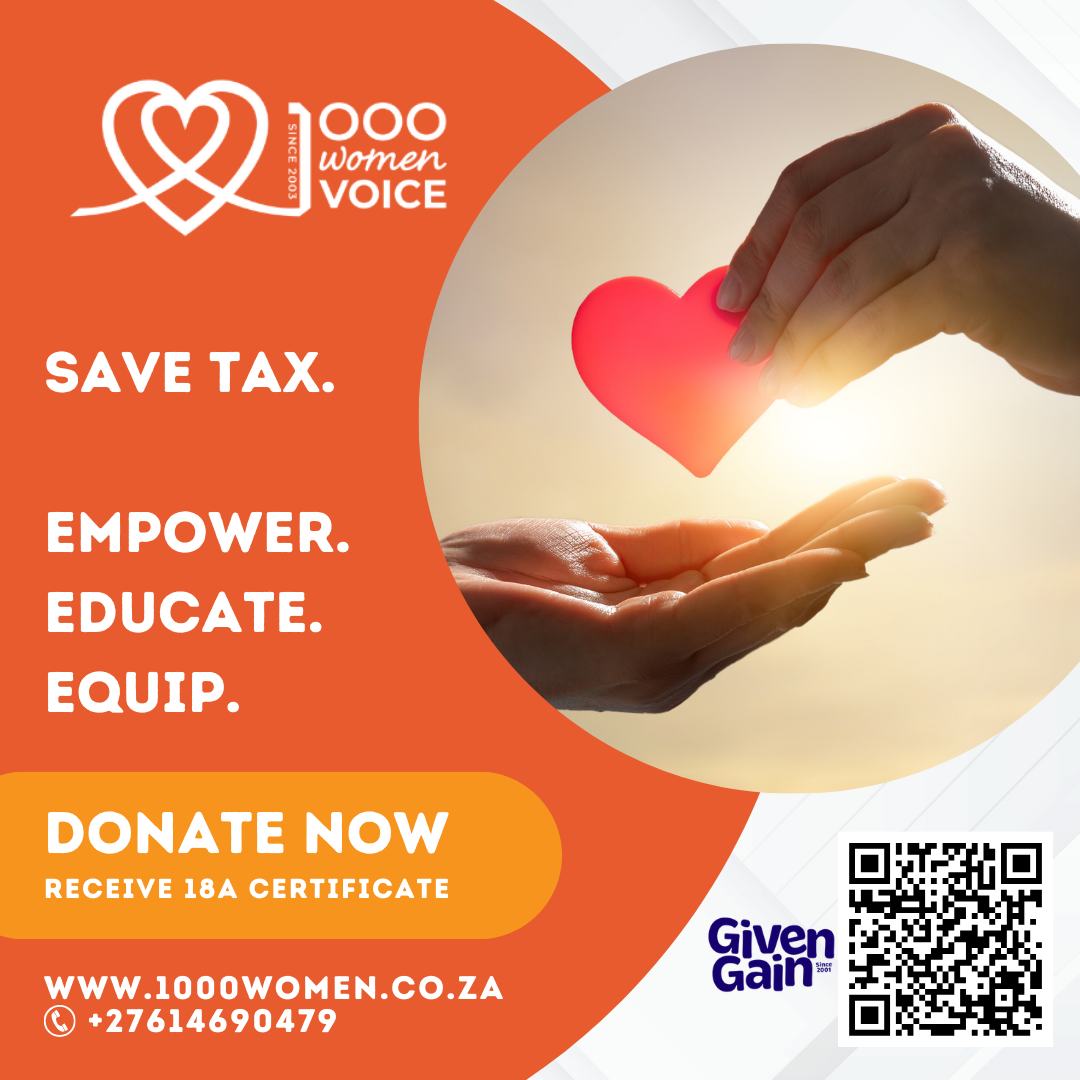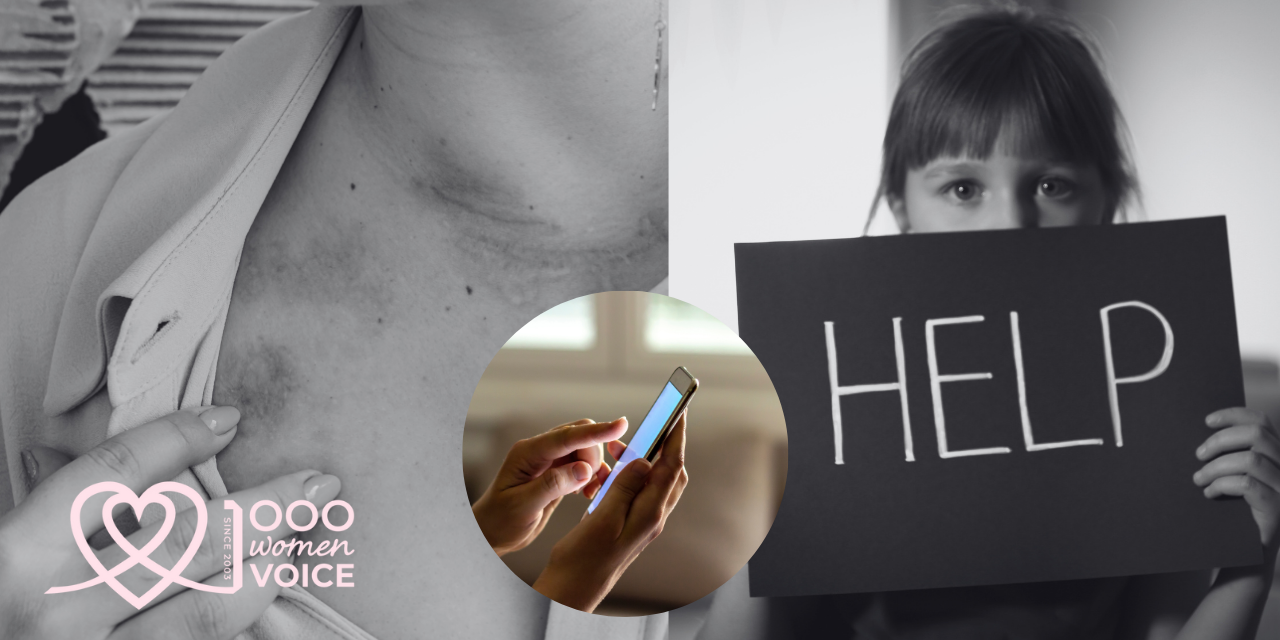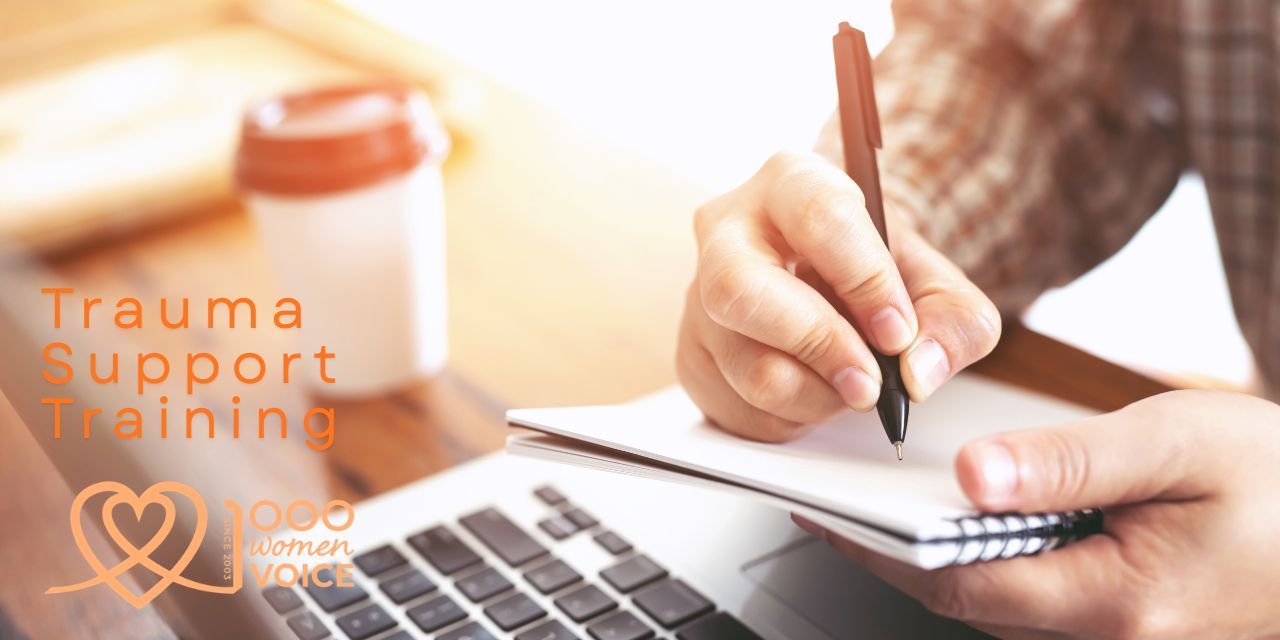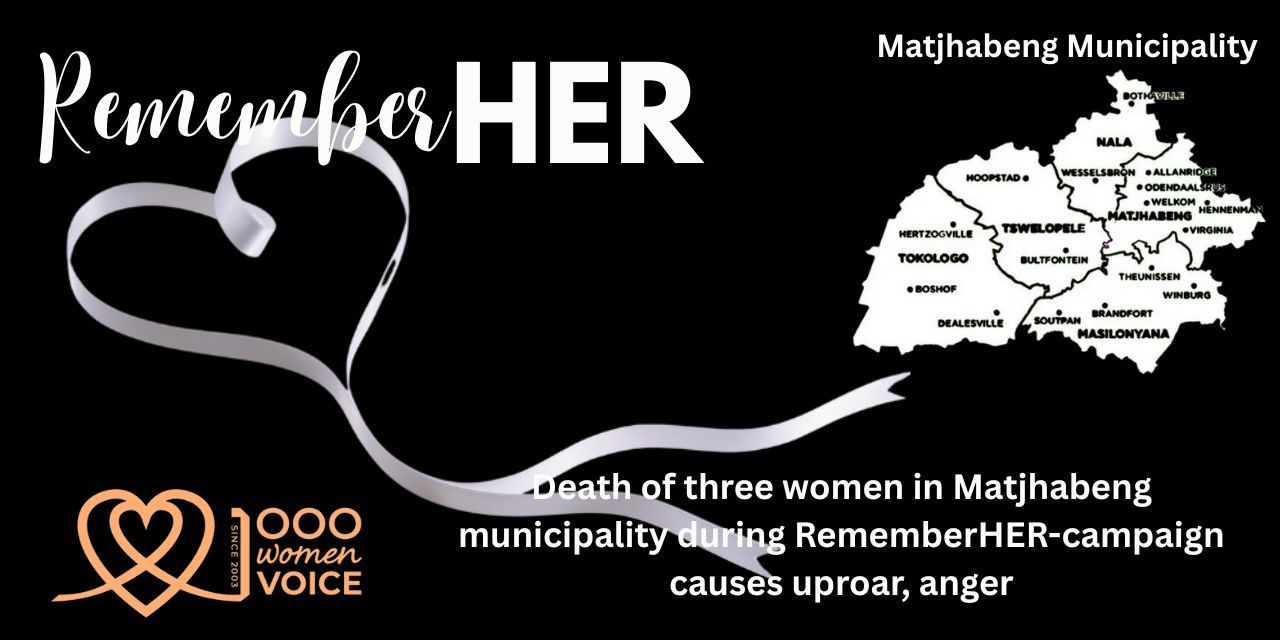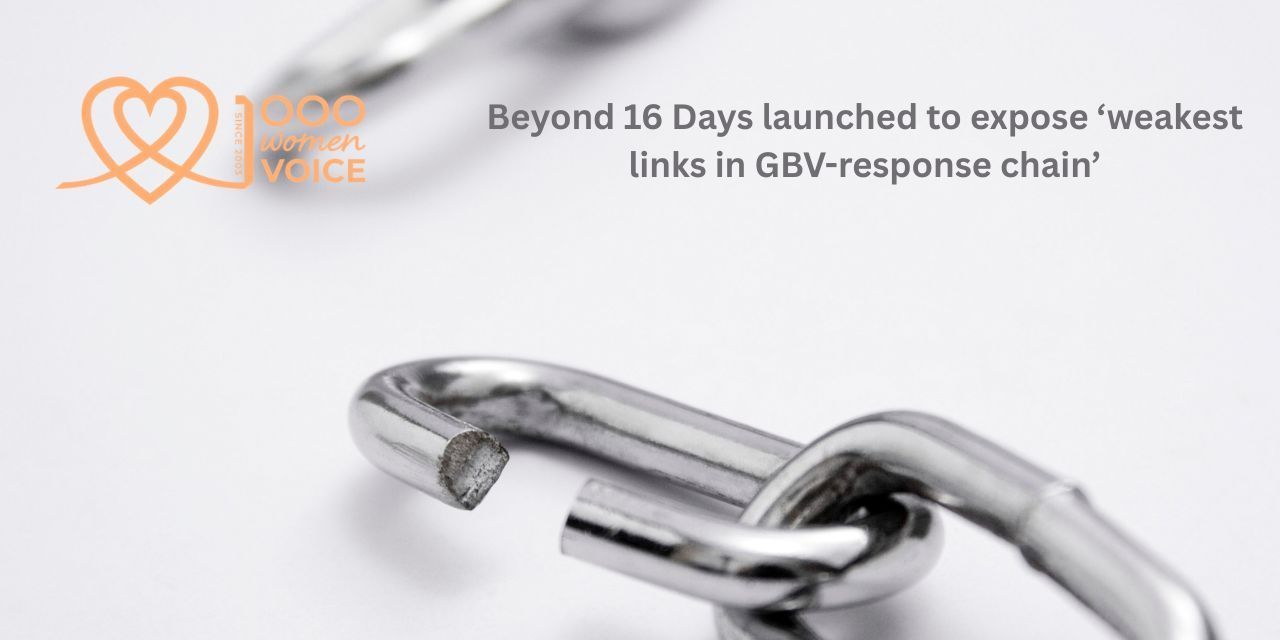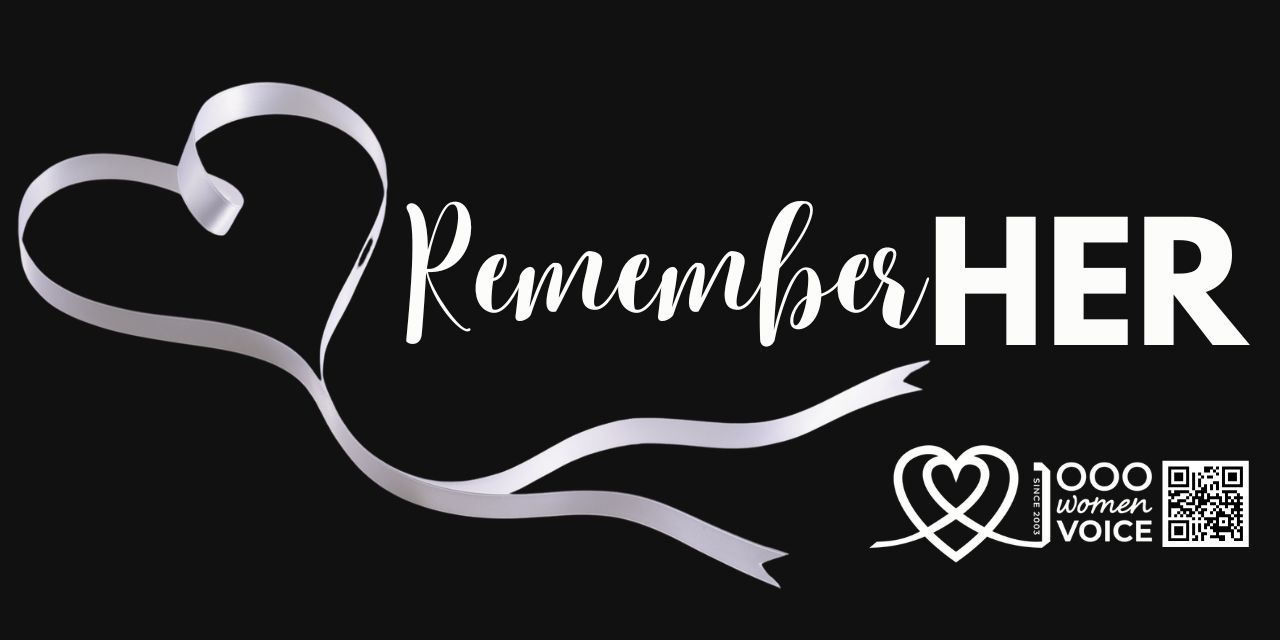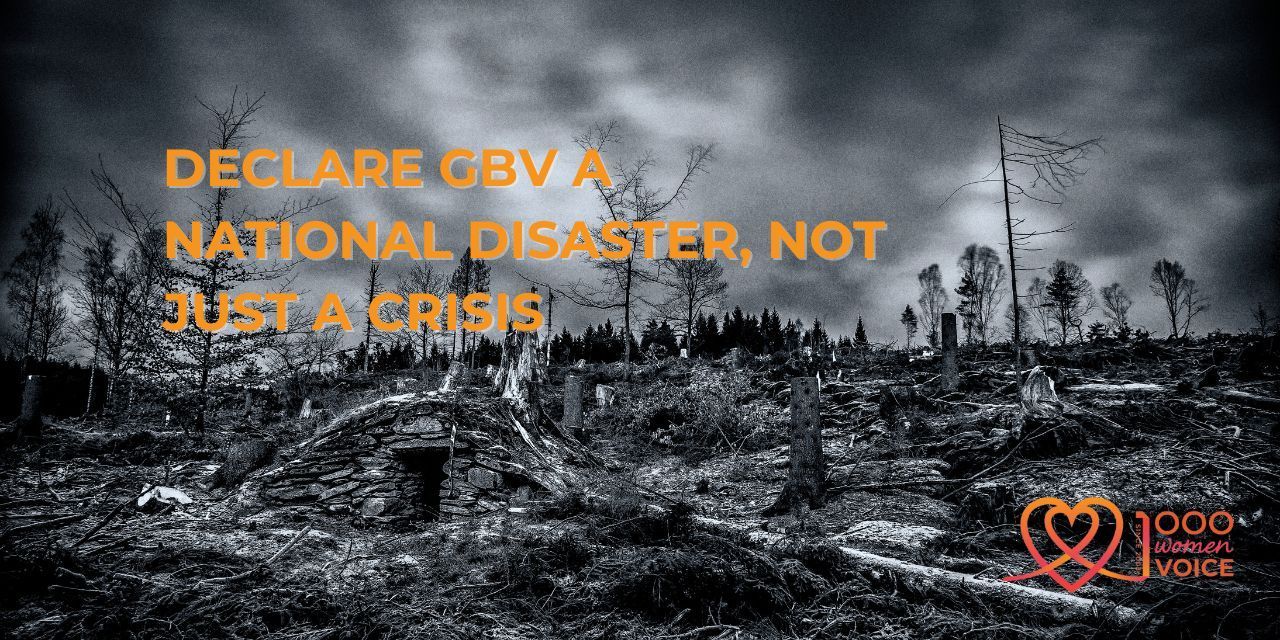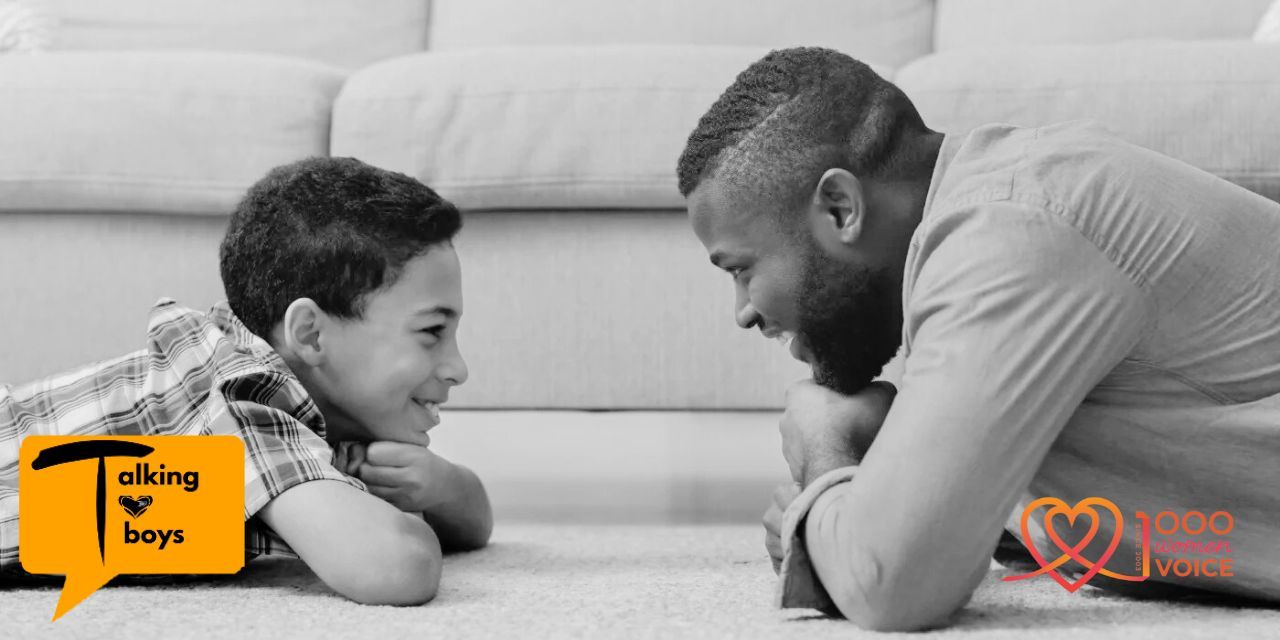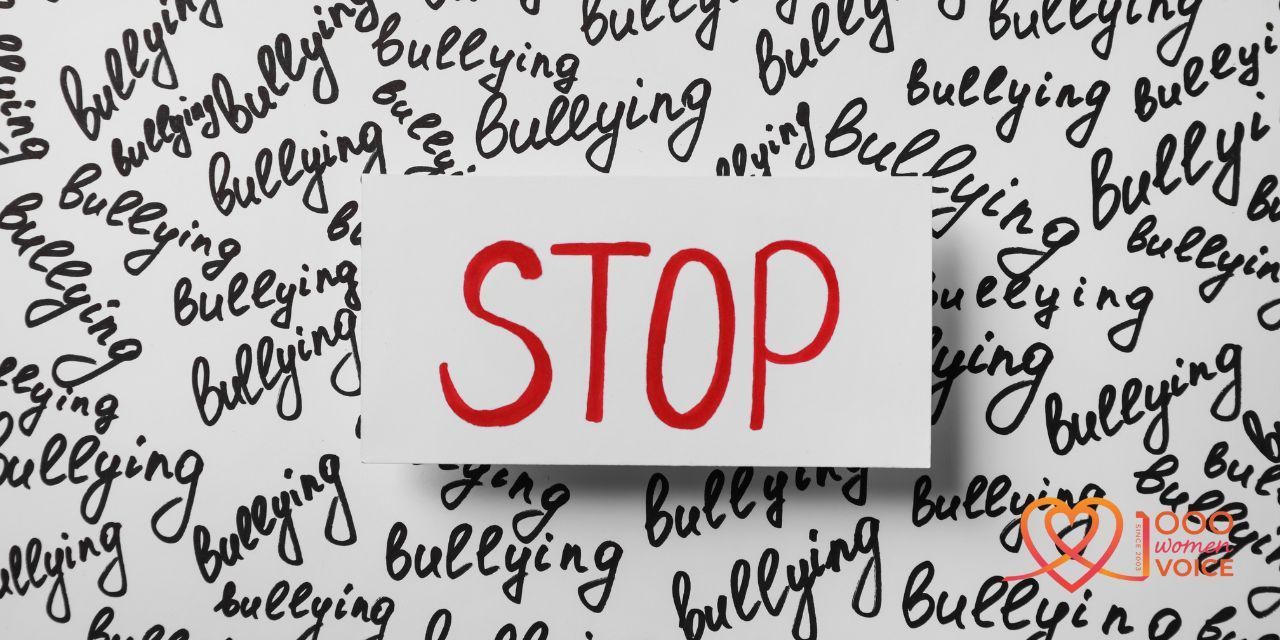Femicide increased by 70.5 %, a grim statistic about a nation at war with itself
The presentation of the quarterly crime statistics on Friday 3 rd June by Bheki Cele, the minister of police, was an incredibly painful day for South Africans, and especially for women and children.
Between January and March 2021, there were 4,976 murders reported in South Africa. For the same period this year, that number increased to 6,083, an increase of 22.2%. Reported attempted murders also increased from 12,133 to 13,799.
1107 more people were killed in South Africa between January and March compared to the same period in 2021.
Out of the 6083 people killed in the country in the first three months of 2022, 898 of them were women – it means there was a staggering and shocking increase of 70.5 % in femicide in the first three months of 2022.
Alarmingly, the murder of children recorded a 37.2 % increase in the period of reporting.
Sexual offences also saw an increase. In the first three months of the year, there were at least 10,818 cases of rape reported in South Africa, an increase of 13.7% over the same period last year.
The true number of rapes is likely to be much higher as many go unreported. Attempted sexual offences also saw a large leap in reported cases with 547 such incidents being reported representing an increase of 26.3% over the same period last year. In total, sexual offences increased by 13.7% to 13,799 – the majority of the reported offences being rape. (Daily Maverick 3 rd June 2022).
Cele noted that almost half of the rapes – “a staggering 4,653 rapes” – took place at the home of the rape victim or the home of the rapist, “mostly by a person known to the victim”.
Liquor was involved in 1290 of the rapes.
The Eastern Cape’s Lusikisiki Police Station, Inanda Station in KwaZulu-Natal and Delft Police Station in the Western Cape recorded the highest incidents of rape for this quarter.
“We saw rising crime stats, you know, in just about all categories. This is totally unacceptable, South Africa is at war with itself, said DA MP and portfolio committee member, Ockert Terblanche.
“I think it’s going worse here in terms of murders… Ukraine seems to be a very safe place at the moment,” Terblanche, told the Daily Maverick.
The numbers are indeed staggering especially when contrasted with the number of civilians killed in the war in Ukraine.
Al Jazeera reported that Matilda Bogner, the head of the United Nations Human Rights Monitoring Mission in Ukraine, said in early May that “Overall, to date, we have corroborated 7,061 civilian casualties, with 3,381 killed and 3,680 injured across the country since the beginning of the armed attack by the Russian Federation,” adding that the actual toll was likely much higher.
Put differently, the civilian death toll of roughly 75 days of a hot war in Ukraine, with rockets, artillery, tanks and rifles, is not too dissimilar to the peace-time death toll of murdered South Africans over a similar period of time, stated the Daily Maverick. (3 rd June 2022).
What almost defies belief about the announcement of the crime statistics, is the absence of a clear understanding of the causes of these crimes and an inability by the minister of police to set out a definite plan of action to curb crime that can be measured and assessed.
Said Cele: “I have asked the management of the SAPS and the provincial commissioners of all nine provinces the…question (What went wrong). Honestly, no answers justified these dismal figures but we all agreed that all provinces, districts, clusters and stations need to do things differently if indeed we want to see desired outcomes.”
The government must answer some questions.
Why has Inanda, since 2017 been the rape capital of South Africa for four consecutive years and what is the police doing about it?
It is of little use that the police complain about the lack of lighting in Inanda, and the many bars and canteens What are they doing about the challenges?
Albert Einstein, one of the greatest scientists of all time, once said the definition of insanity is to do the same things over and over again and expect a different result.
When government first detected that Inanda was the biggest offender with regards to 2017, what did it do to change the status quo?
What was Plan B, C and D? It seems to be a case that they have not even implemented Plan A.
That is exactly part of the problem of the government.
The president is still expressing his confidence in an inept minister of police, while an urgent overhaul of the police force is urgently needed.
But there also need to be a stronger political will to change perceptions around women and children.
So much evidence during #HearMeToo-sessions emerged all over the country that men generally perceive women as ‘belonging to them’, see them as inferior, and do not embrace gender equality at all.
The government still operates in a silo and do not work in collaboration with leading NGO’s like 1000 Women Trust sufficiently.
It is 1000 Women Trust that launched an award-winning national campaign to encourage parents to invest time to teach their boys from age 1 to 19 about gender-equality, respect for women and girls and the importance of consent.
The #MakeTime-campaign received rave reviews and close to 30 media-interviews with radio stations, TV-stations, digital and print media were conducted to share the importance of this initiative with a national audience.
Yet, the outreach by 1000 Women Trust to government to take this initiative on board was met with little enthusiasm.
Patriarchy seems to be at the heart of dysfunctional and severely abusive communities in which women are abused daily. Some churches and other faith communities have failed the South African people miserably in not been vocal enough about the injustices of gender-based violence.
Thirty five years ago the South African Council of Churches fulminated against apartheid and called it a crime against humanity. Their prophetic voice, and the prophetic voice of other ecumenical bodies and churches, played a role in the dismantling of apartheid.
Thirty five years a new crime against humanity – rape, femicide and other forms of gender-based violence – is destroying the fabric of the South African society. And some faith communities in South Africa are responding by being on AWOL, by being missing in action.
Another factor that plays a major role is poverty, as many women still live in households with abusive males because they are economically dependent on them.
Globally, more than 15000 infants die every day due to preventable diseases related to hunger.
Richard Stearns, author of A Hole in our Gospel and president emeritus of World Vision in America, claims that 26000 children die daily worldwide due to preventable diseases related to hunger.
1000 Women Trust is stepping up its efforts to enhance the women’s economic empowerment initiatives countrywide, an all-important initiative to strengthen women’s resolve to embrace their independency when they are caught up in a relationship with an abusive male partner.
Says Tina Thiart, trustee of 1000 Women Trust: “Women’s economic empowerment includes women’s ability to participate equally in existing markets: their access to and control over productive resources, access to decent work, control over their own time, lives and bodies and increased voice, agency and meaningful participation in economic decision making.
Government admits that it needs communities to step up and support them in their fight against crime. But it is of no use for government to pay lip-service to this fact, and then not partner sufficiently with civil society and specifically NGOs in eradicating gender-based violence.
Government, in so many cases, is a control freak, because absolute power corrupts absolutely. It needs to fight the second pandemic in collaboration with civil society, instead of keeping civil society at arm’s length.
